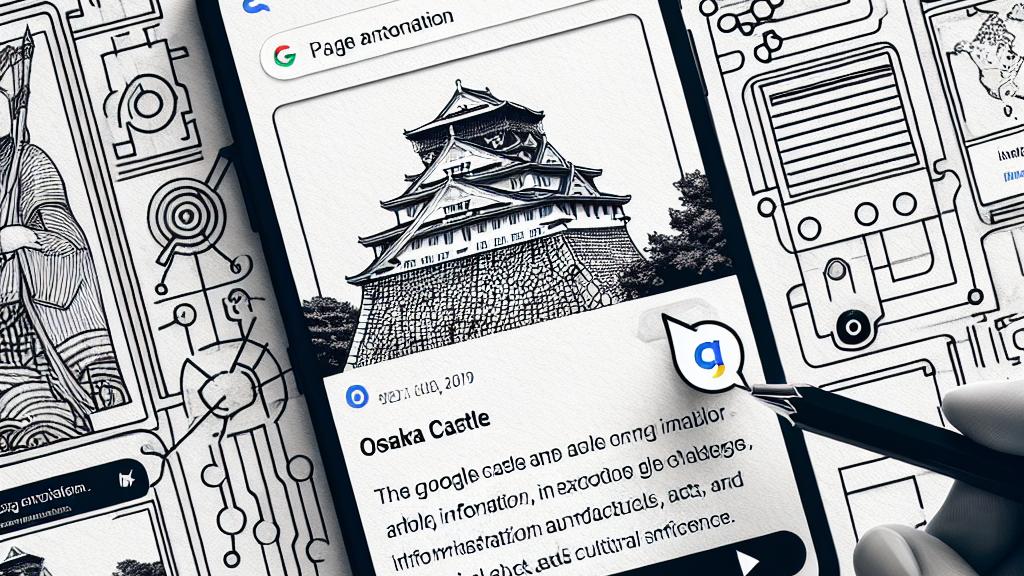Google Introduces New Feature for Automatic Link Insertion in iOS App
Overview
- Google's iOS app adds a groundbreaking feature called 'Page Annotation,' automatically linking important terms in text.
- This innovation allows users to access detailed, relevant information without leaving the webpage, transforming their browsing experience.
- While the feature enhances accessibility, there are concerns about users being diverted from the original content to search results.

The Exciting Launch of Page Annotation
In an exhilarating move, Google has launched 'Page Annotation' for its iOS app, providing a fresh way to interact with online content. Imagine reading an article about the historical site 'Osaka Castle' and suddenly finding the term linked to an in-depth Google Knowledge Graph entry. This feature doesn’t just hyperlink text; it enriches your reading experience by offering instant access to related information. Whether you're curious about architectural details, historical facts, or cultural significance, you can find everything right there without flipping back and forth between tabs. It's a brilliant way to keep the focus sharp and amplify the user's journey through the digital landscape. As Google continues to innovate, it demonstrates its commitment to making information gathering seamless and engaging.
Navigating the Concerns of User Engagement
Yet, amid the applause, a serious debate looms about the implications of such technology. Critics point out that although this feature enhances convenience, it may inadvertently lead users away from the original webpage they were engrossed in. For instance, a reader could start off exploring captivating content only to follow a linked term to Google's search results—potentially losing track of the original exploration. This scenario raises critical questions about how digital platforms influence user behavior; after all, the stakes are high for content creators who invest time and energy into their websites. As Google strengthens its array of tools to keep users informed, it must consider the potential for disconnecting audiences from the content that first captured their interest.
Empowering Users and Website Owners with Opt-Out Options
In a progressive step, Google has thought ahead by providing an opt-out feature for website owners who are concerned about losing traffic due to Page Annotation. If a website feels threatened, owners can request to disable the feature through a simple form. It’s a reassuring gesture that acknowledges the delicate balance between enriching user experiences and respecting the integrity of individual websites. The process may take up to 30 days, yet it underscores a vital conversation around digital ethics in innovation. With this move, Google not only shows responsiveness but also fosters a collaborative environment where technology and content creation can coexist, emphasizing the importance of maintaining visitor loyalty in an ever-evolving digital age.

Loading...